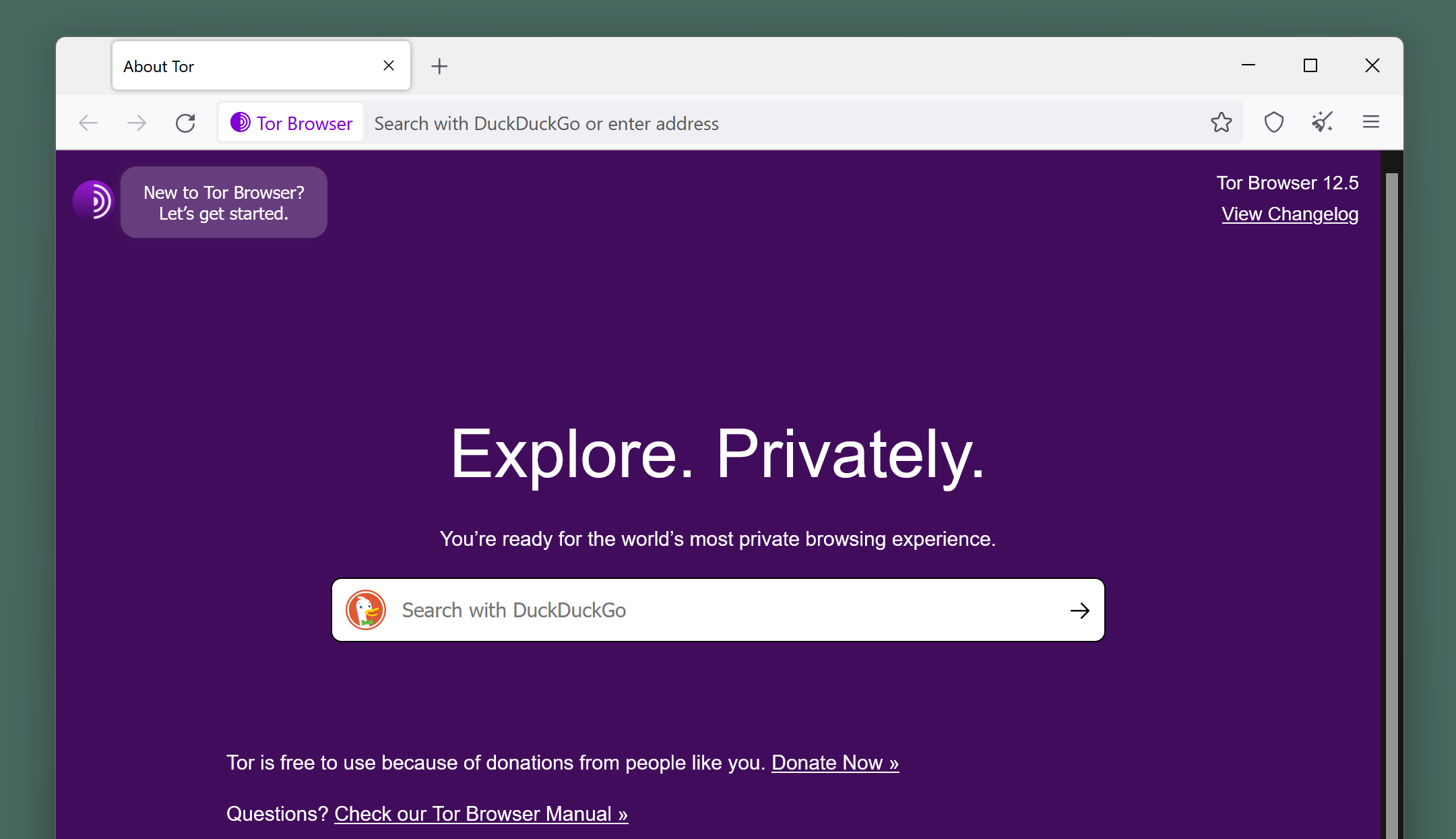Zimbabwe is on the brink of potential protests starting Friday against President Emmerson Mnangagwa’s controversial bid for a third term. Given the government’s history of shutting down the internet during past protests—like in January 2019—there is a high likelihood that authorities may attempt to cut off digital communication again.
In today’s world, staying connected is essential not just for organizing and mobilization, but also for safety and access to crucial information. Below, we outline the easiest ways individuals and organizations can subvert an internet shutdown and maintain communication during critical times.
1. Use a VPN (Virtual Private Network) Before the Shutdown
A VPN allows you to bypass government-imposed restrictions by encrypting your internet connection and routing it through a different country.
How to Set Up a VPN:
-
Download a VPN App – Before Friday, install a reliable VPN such as TunnelBear, (Here is a step-by-step guide on how to install and use Tunnel Bear) ProtonVPN, Psiphon, NordVPN, ExpressVPN, or Windscribe on your phone and computer.
-
Sign Up & Connect – Register an account, select a non-Zimbabwean server (South Africa, Botswana, or any other country), and activate the VPN.
-
Test It Before the Shutdown – Try browsing with the VPN on to ensure it works smoothly.
🛑 Important: If the government orders ISPs to block VPNs, try lesser-known VPNs or apps like Lantern that use obfuscation techniques to avoid detection.
2. Use Proxy Servers and Tor Browser
If a VPN is blocked, a proxy server or the Tor browser can help access restricted websites and bypass censorship.
How to Use a Proxy Server:
-
Go to a Proxy Website – Search for free proxy servers like ProxySite.com or Hide.me.
-
Enter the Website URL – Input the website you’re trying to access (e.g., WhatsApp Web or Twitter) into the proxy browser.
-
Browse Anonymously – This method works well for social media platforms and basic browsing.
How to Use Tor:
-
Download Tor Browser from www.torproject.org before the shutdown.
-
Install & Open – Follow the setup process.
-
Connect to the Internet – Tor uses encrypted relays to bypass restrictions, making it harder for authorities to track online activities.
3. Use Offline Messaging Apps
If mobile networks and internet services are completely cut off, some apps allow communication via Bluetooth and Wi-Fi Direct, even without internet access.
Recommended Offline Messaging Apps:
-
Briar – Uses Bluetooth or Wi-Fi to send messages without an internet connection.
-
Bridgefy – Ideal for protest situations, allowing users to send messages via a mesh network.
-
Meshtastic – Works with long-range radio signals.
How to Use These Apps:
-
Download & Set Up Before Friday – Ensure you and your contacts install the app beforehand.
-
Enable Bluetooth/Wi-Fi – The app will automatically create a local network.
-
Send Messages – Messages can be relayed from one phone to another until they reach the recipient.
4. Set Up an International SIM Card
If local networks are blocked, an international SIM card (e.g., from Botswana, South Africa, or Zambia) might still work.
How to Get an International SIM:
-
Buy a SIM card from a neighboring country before the shutdown.
-
Activate international roaming before inserting it into your phone.
-
If local networks are down, try switching to an international SIM to regain access.
5. Use Satellite Internet (if possible)
Authorities can shut down mobile networks but cannot block satellite-based internet. If available, use Starlink, VSAT, or other satellite services to stay online.
How to Use Satellite Internet:
-
Get a Satellite Internet Device – If you have access to Starlink or other VSAT systems, set it up beforehand.
-
Keep the Equipment Hidden – Since authorities might confiscate satellite devices, avoid drawing attention.
-
Connect and Communicate – Once operational, you’ll have uninterrupted internet even if local networks are cut.
6. Use Landline Phones and SMS for Communication
If mobile data is cut but cellular networks still work, SMS and calls will remain functional.
Tips for Using SMS and Calls:
-
Share Important Information via SMS before the internet goes down.
-
Use Mass SMS Apps like BulkSMS to send updates to many people at once.
-
Create SMS Broadcast Groups for critical updates.
7. Set Up Pre-Agreed Meeting Points & Analog Communication
In the worst-case scenario where all digital communication is cut, fallback to physical communication.
What to Do Before the Shutdown:
-
Agree on meeting points for updates.
-
Use printed flyers to share information if needed.
-
Use hand signals or codes for quick communication in public gatherings.
Final Thoughts
Zimbabweans have experienced internet shutdowns before, and authorities may use the same tactics again. However, being prepared in advance can ensure uninterrupted communication.
-
Download VPNs & offline apps now.
-
Stock up on SIM cards & proxy tools.
-
Use Bluetooth-based messaging if the internet is cut.
If the government shuts down the internet, stay calm, be smart, and ensure you have backup communication plans.
Share this guide with as many people as possible before Friday!


Give us a link we're we can see wat yu post
ReplyDeleteLink to...?
Delete